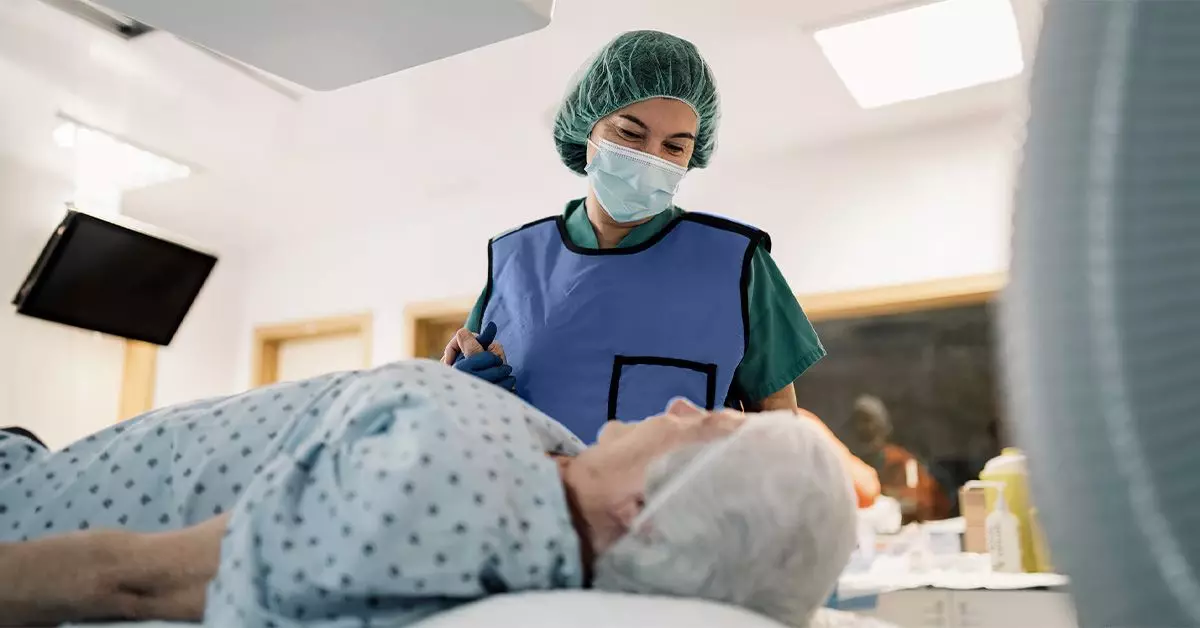Salivary gland surgery is a medical intervention that may become necessary when individuals experience issues with their salivary glands, such as tumors or severe infections. This type of surgery is critical not only for eliminating tumors but also for addressing infections and ongoing inflammation. In this article, we will delve deeper into the various aspects of salivary gland surgery, including preparation, procedures, risks, complications, and recovery.
To fully appreciate the significance of salivary gland surgery, it is essential to understand the role of salivary glands in our body. Humans possess three primary salivary glands—the parotid, submandibular, and sublingual glands. These glands produce saliva, which is vital for various functions, including oral hygiene, aiding in digestion, and facilitating speech and swallowing. Tumors can occasionally form in these glands, prompting the need for surgical intervention, often resulting in the removal of affected glands or tissues.
The nature of the surgery performed will depend on which gland is affected and the extent of the issue. The most prevalent type of salivary gland surgery is the parotidectomy, which is performed on the parotid gland—the largest of the salivary glands and the site for approximately 80% of salivary gland tumors. Given the close proximity of the facial nerve, which is responsible for facial expressions, this surgery requires utmost precision to preserve the nerve’s function.
For the submandibular gland, located beneath the jaw, surgeons will typically make an incision under the jawline, allowing for the removal of the gland and affected surrounding tissue. As with the parotid gland, surgeons must exercise caution to avoid damaging nearby nerves that control functions such as swallowing and speech.
The sublingual glands, situated beneath the tongue, present a different surgical challenge. Operations here generally involve making an incision inside the mouth to remove the gland and some surrounding tissue, which can temporarily affect tongue sensation following surgery.
Proper preparation is crucial for ensuring the best outcomes in salivary gland surgery. Typically, doctors will provide guidelines that may include fasting for several hours before the procedure to minimize the risk of aspiration. Additionally, patients may be instructed to shower or bathe before surgery, and to remove any makeup, jewelry, or contact lenses to decrease the risk of infection.
Patients are encouraged to communicate openly with their healthcare provider about any underlying conditions or medications they are taking. This helps ensure a safe surgical environment and enables the surgical team to anticipate any potential complications that may arise.
After the surgery, recovery experiences can vary significantly from person to person. Many may experience discomfort, swelling, or numbness, especially if the surgery involved delicate nerve structures. Hospital stays can range from a few hours to a couple of days based on the complexity of the surgery and the individual’s health.
Healthcare professionals generally recommend taking time off work to facilitate recovery, with specific durations depending on the person’s condition and the intensity of the surgical procedure. Most patients can expect to have stitches or clips removed about a week post-surgery. In some cases, physical therapy or consultations with a speech therapist may be beneficial to help individuals regain full functionality in their speech and swallowing abilities.
While salivary gland surgery is often effective, it is not without risks. Potential complications can result from damage to the facial nerve, possibly leading to temporary or permanent facial paralysis. Infection, scarring, and issues related to saliva drainage may also occur. Awareness and understanding of these risks are integral to informed decision-making in surgical considerations.
Salivary gland surgery plays a vital role in managing medical concerns associated with salivary glands, including tumor removal and treating infections. While the process involves meticulous procedures and careful postoperative management, the outcomes can lead to significant benefits in terms of health and quality of life. As with any surgical intervention, discussions with healthcare providers and thorough preoperative preparation are key in navigating the challenges of salivary gland surgery.

